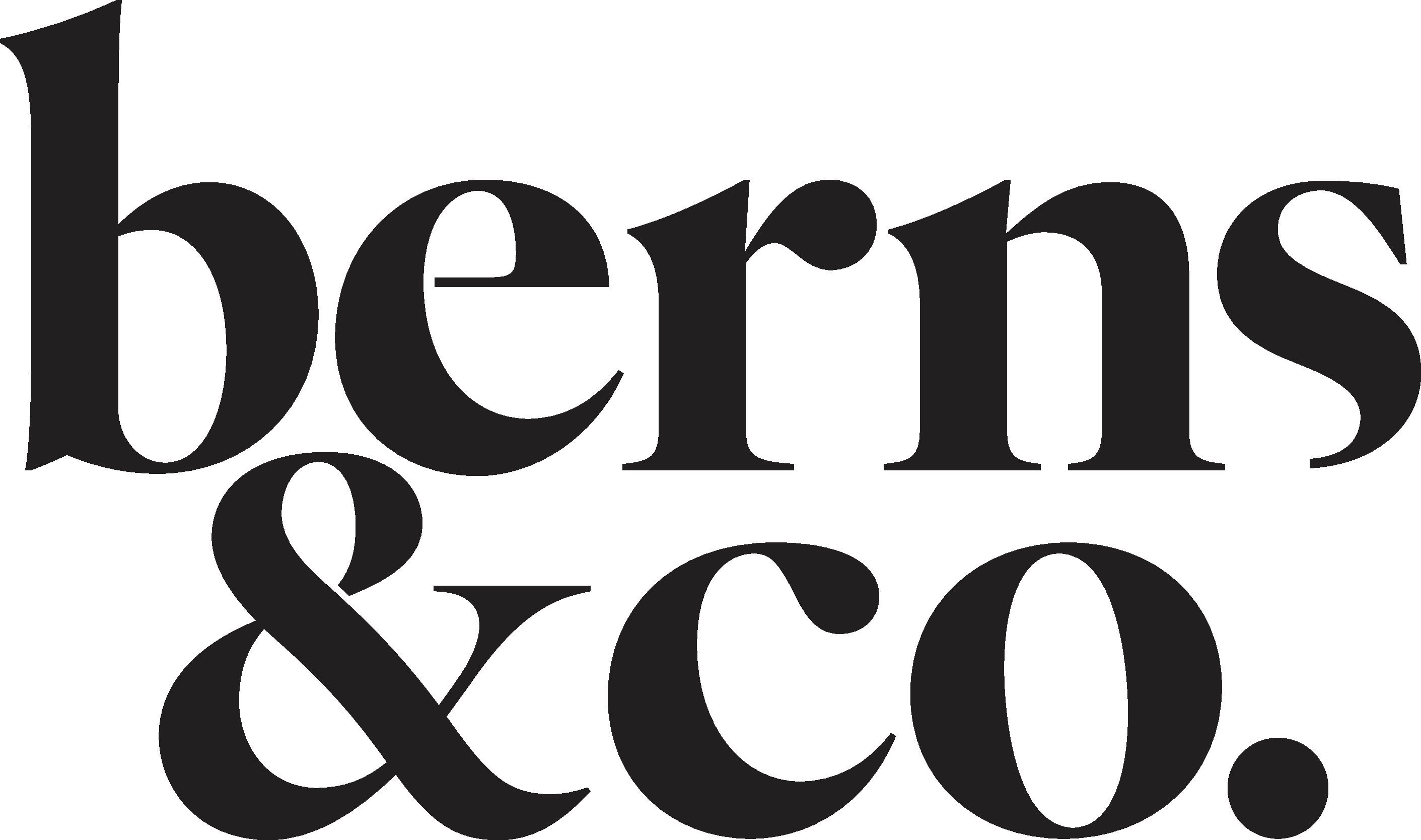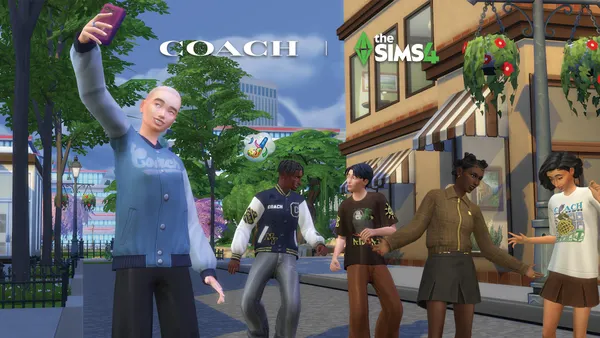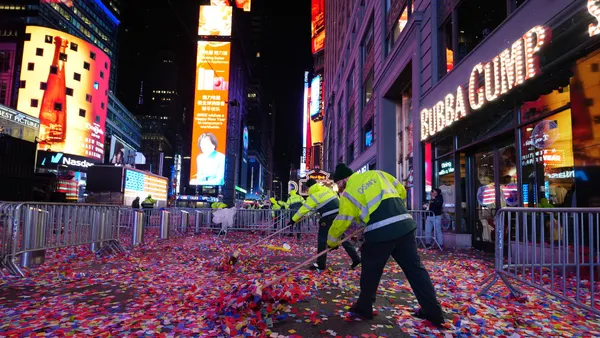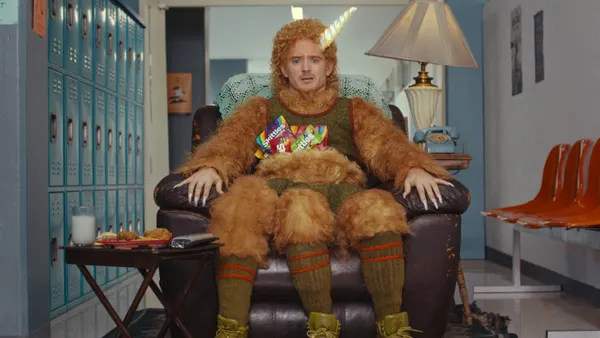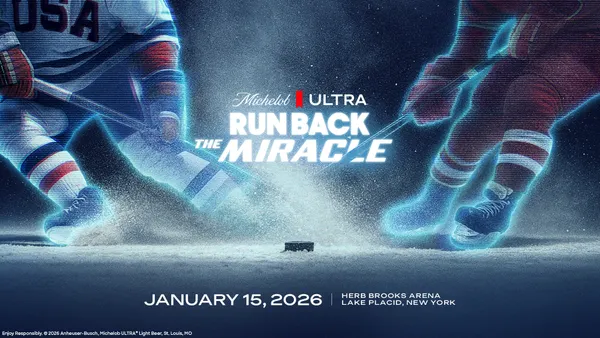The summer's protests over George Floyd's death while in police custody further complicated an already fraught environment for marketers — one where daily life and the economy were destabilized by the coronavirus pandemic. Brands struggling to meet changing consumer needs brought on by the health crisis soon had to also wade into politically risky waters and confront racial injustice in America.
For some, that meant reckoning with racist brand imagery or affirming that Black Lives Matter for the first time — actions seen as too little, too late for many activists. Others fumbled the opportunity, staking out a position early on before disappearing from the conversation.
This was not the case for Ben & Jerry's, as activism and marketing around racial justice has been the brand's modus operandi for years. With an established framework to pull from, the ice cream marketer was able to chime in quickly on important, timely discussions without reading as inauthentic. The company hasn't backed down from its bold stances, either, and continues to produce content that raises awareness around racism's deep-seated history in the U.S.
"As an organization, we really try to use our place in culture and our marketing apparatus in support of social movements to help them to make the world a better place for everyone," said Jay Curley, global head of integrated marketing at Ben & Jerry's.
Continuing the conversation
The Unilever-owned ice cream brand has a strong track record of cause-driven work, but began focusing broadly on racial justice and criminal justice reform in the past few years. To those ends, it has used its global platform to explain how systemic racism works and to support organizations like Color of Change and the ACLU — initiatives that are spearheaded by the company's internal activism team.
When protests hit this summer, Ben & Jerry's was ready to continue the conversation.
"When George Floyd was murdered, a lot of businesses were figuring how to engage — we had been actively engaging. For us, it wasn't about going on record and saying 'Black Lives Matter' — we had done that back in 2016," Curley said.
"If there is no pushback, then we are just perpetuating the status quo. For better or for worse, [backlash] is part of leading with our values."

Jay Curley
Global head of integrated marketing, Ben & Jerry's
Instead, the company took things a step further by issuing a statement about what real societal change would look like and require. The proclamation was a bold one, as the brand called for dismantling White supremacy, and the action plan implored government officials and the Department of Justice to take concrete steps to commit to "a formal process of healing and reconciliation."
"We wanted to articulate what needed to happen next," Curley said. "If Black Lives Matter, then what do we need to do as a society?"
Though the statement and action plan were natural progressions of Ben & Jerry's activism and didn't take policy positions the brand hadn't previously supported, it still saw some backlash, which executives say it doesn't shy away from.
"If there is no pushback, then we are just perpetuating the status quo. For better or for worse, [backlash] is part of leading with our values," Curley said.
Taking bold positions on political topics has often helped the ice cream brand. After Ben & Jerry's weighed in on Floyd's killing, the brand scored higher marks for buzz and reputation, while doubling its current customer score after condemning White supremacy, a YouGov analysis found in June. The brand's activism isn't just the right thing to do; it also can help the bottom line.
Scoops of activism
Since the protests began, Ben & Jerry's has continued the conversation, developing a podcast series that examines historical aspects of American racism in greater depth than a six-second Instagram can.
But the power of a marketing team using its skills to deliver information through simple means like graphics shouldn't be underestimated: Ben & Jerry's managed to explain defunding the police better than most politicians and activists using an illustration of scoops of ice cream. The educational material represents the ways big and small the brand has forwarded the conversation on sensitive subject matter without coming across as tone-deaf or flying too far afield of its core business.
"We want to be a doorway for people into these movements," Curley said. "Where we can use our fun ice cream brand for people to better connect and understand … we're at our best."


 Read more
Read more




